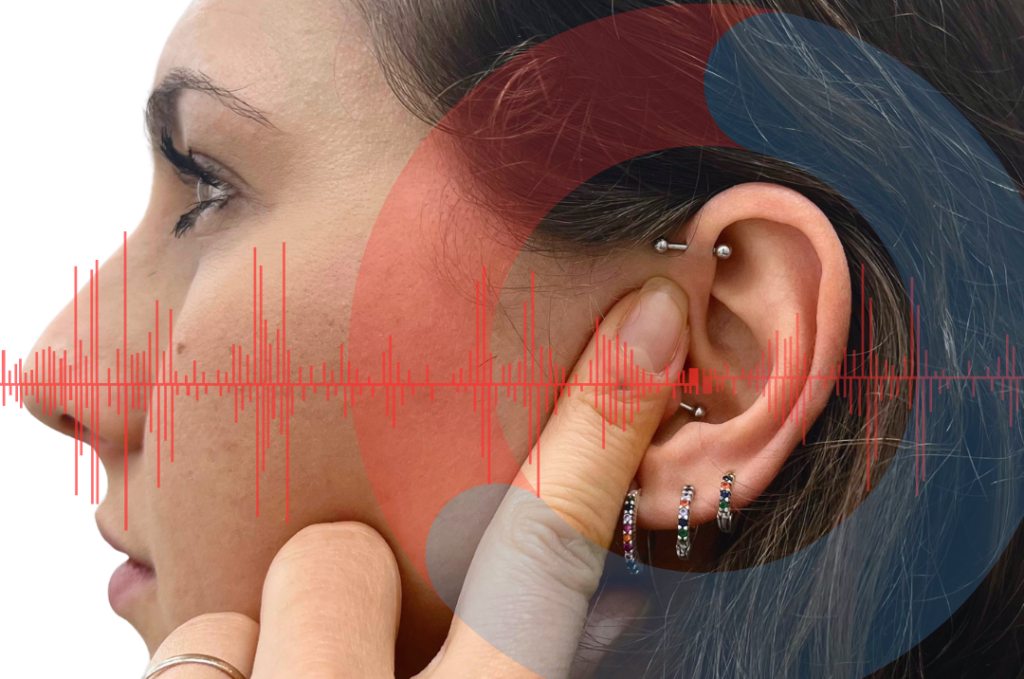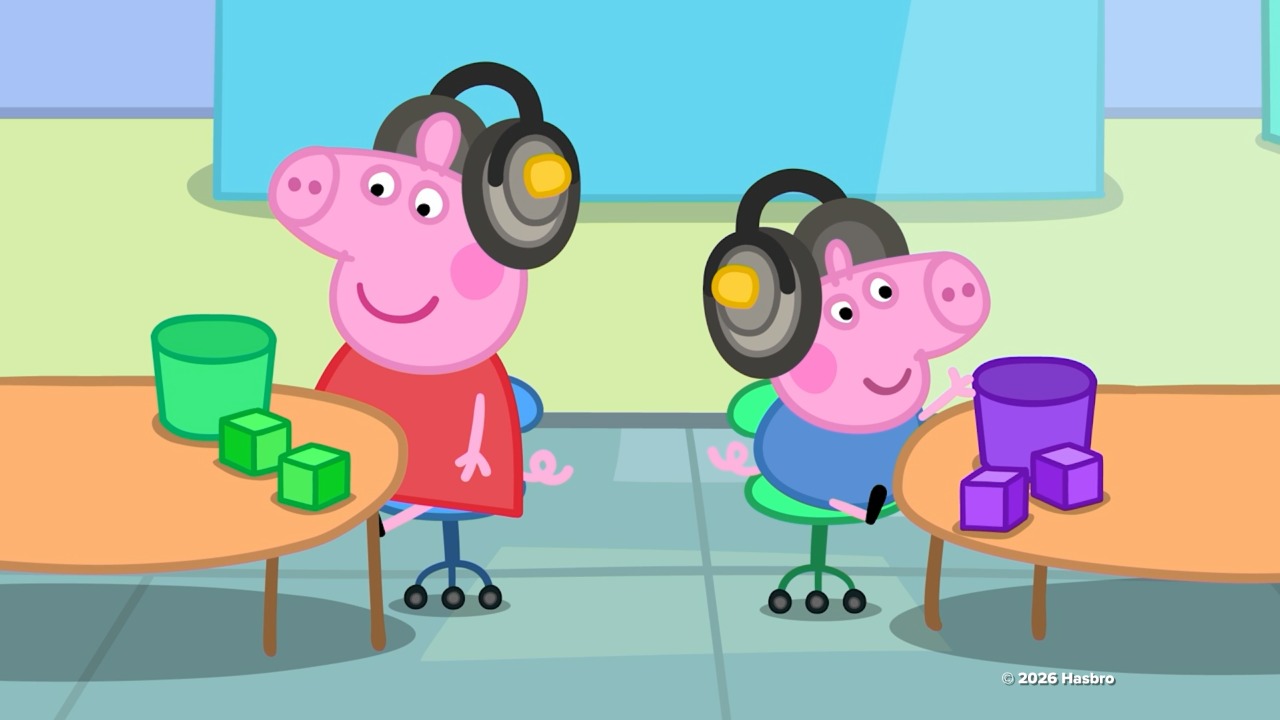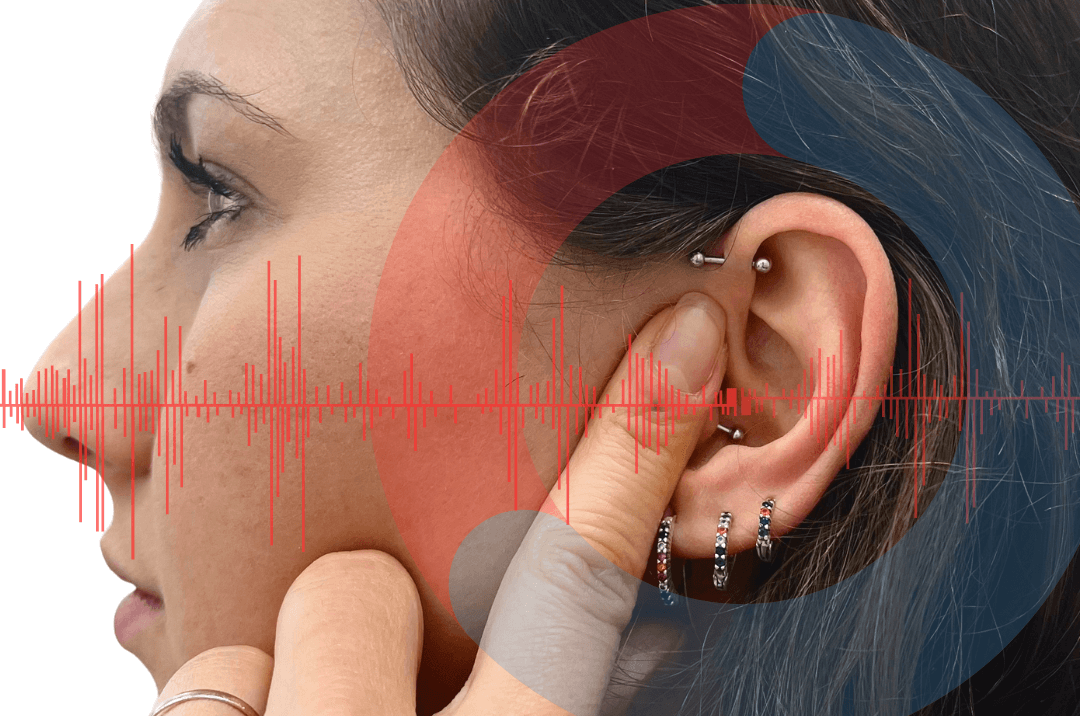
What Is Diplacusis?
Diplacusis is a rare hearing disorder in which a single sound is perceived differently by each ear. Instead of hearing

Auditory Processing Disorder (APD) occurs when the link between the brain and the ear is somehow disturbed. This link could be interrupted for a lot of different reasons, such as, hearing loss, attention disorders, autism spectrum disorder or due to a head injury. There are a wide range of symptoms of APD but the most common are:
APD can affect both children and adults but presents itself a little differently in each. In adults, it can be present by itself or alongside another existing condition, such as hearing loss. It can also be present from things like stroke or head trauma. It can be diagnosed with a series of tests that are designed specifically for different types of auditory processing. This can be things such as detection of numbers, beeps and words. In adults, having hearing loss results in the brain’s natural ability to process sound being diminished which does often result in a delayed understanding of conversation.
APD is slightly different in children. This is because it can often be mistaken for another condition. This could be ADD / ADHD or learning disabilities. APD can make it difficult for children to pay attention and they sometimes struggle with reading and writing. Following verbal instructions in a noisy setting can also prove difficult. Children who were born prematurely are at a higher risk of Auditory Processing Disorder.
Everyone’s individual needs are different when it comes to APD so it is about creating a tailored treatment plan. Most treatment plans will involve wearing hearing aids. Some will also include training with a speech and language therapist. Your hearing care professional can help tailor the programming on your hearing aids to best help you in those situations you find most difficult.

If you would like any further advice, or would like to book in for a hearing consultation, simply get in touch.

Diplacusis is a rare hearing disorder in which a single sound is perceived differently by each ear. Instead of hearing

Whether you have children in your life or not, we’re willing to bet you’ve heard of Peppa Pig and her

Tinnitus is the perception of sound when there is no external source. It is commonly described as a ringing in